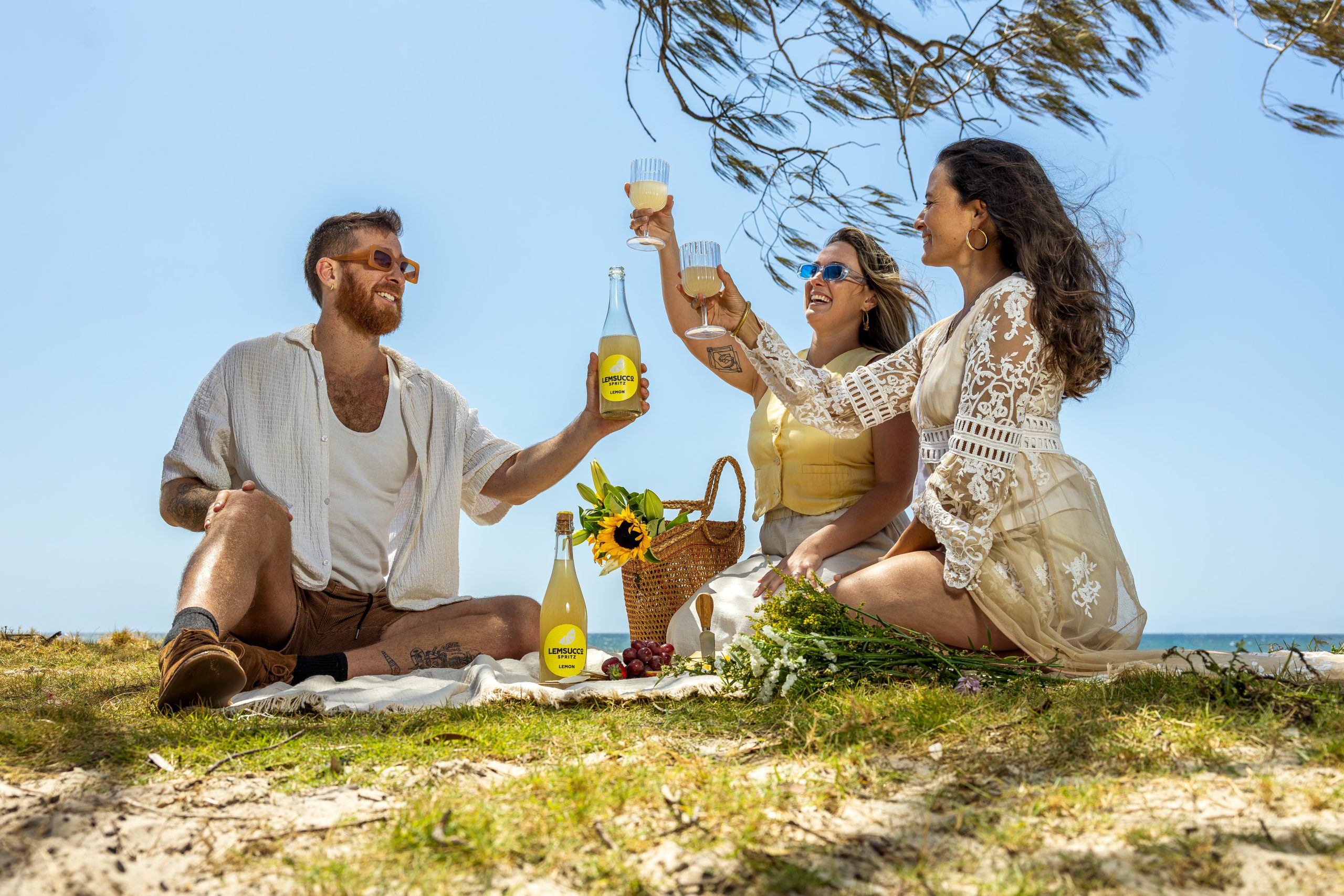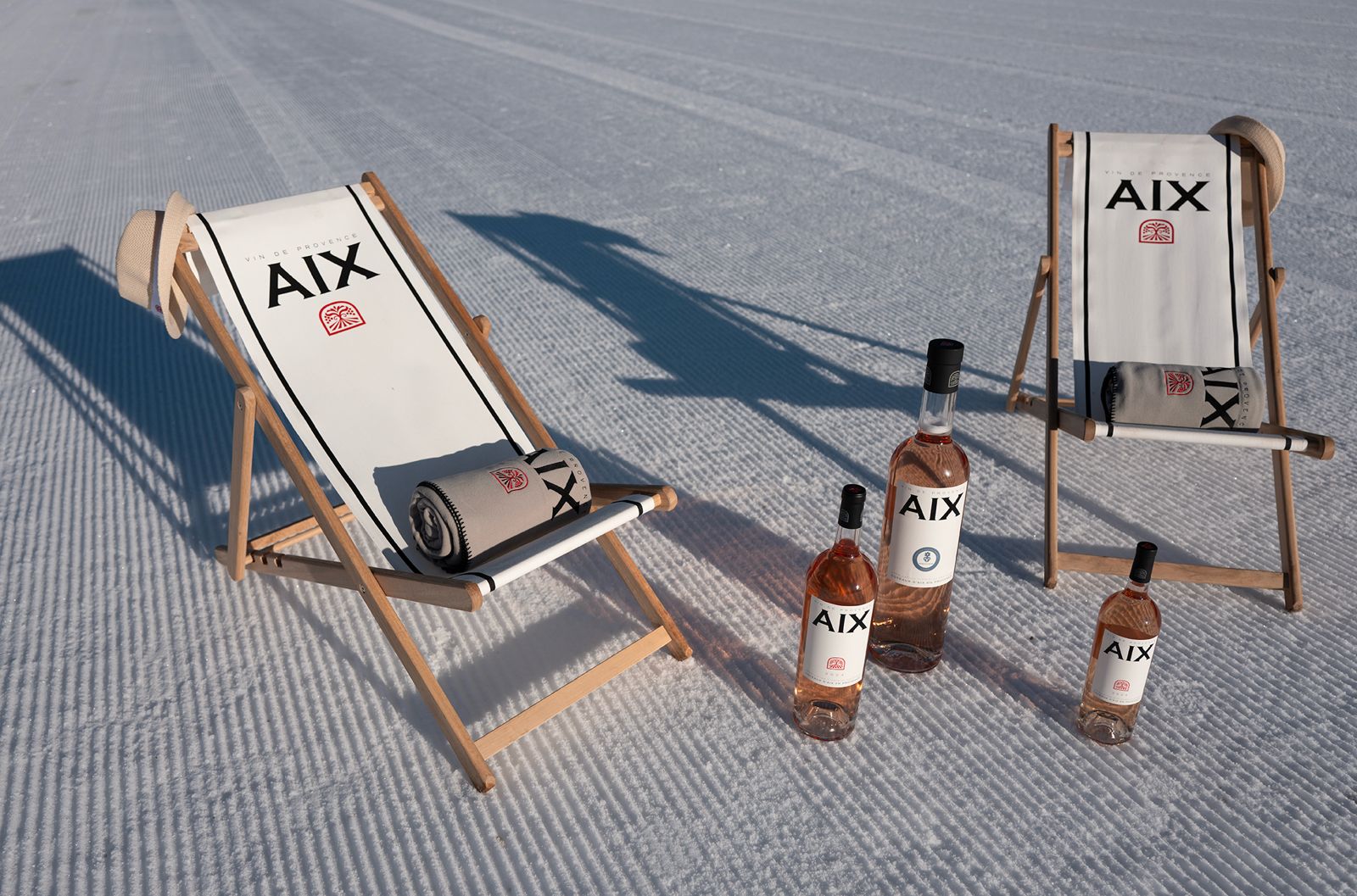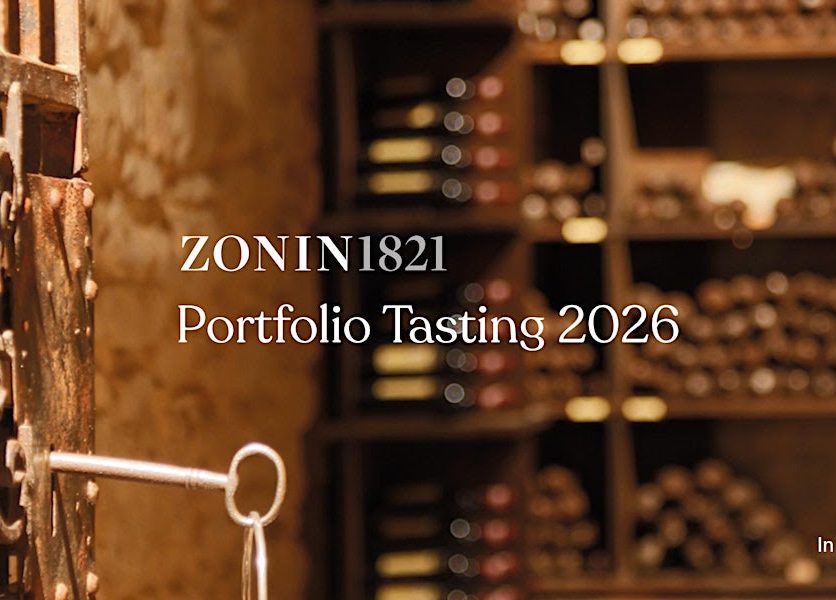Top drinks marketing campaigns and news: October
Barefoot and the Black Eyed Peas
US wine giant E&J Gallo signed the Black Eyed Peas for an augmented reality marketing stunt to promote its Barefoot wine brand.
The wine label has created an app that allows drinkers to see a virtual mini-performance courtesy of the band.
Consumers start by downloading an app directly or scanning the QR code on a Barefoot wine product. Then, consumers scan the iconic ‘foot’ on the Barefoot label to hear a new version of Black Eyed Peas’ single “VIDA LOCA” and see a 3D animated performance from the group. With each additional Barefoot product in the frame, more sections to the display will be added until the full song is playable.
Cakes and whisky cocktails
Scotch distiller Glenmorangie has released a single malt whisky designed to be paired with cake.
Called A Tale of Cake, the whisky is finished in Tokaj wine casks, which is intended to help it develop flavours of honey, white chocolate and fruit. Glenmorangie has partnered with famed baker Dominique Ansel and bartender Jeremy Le Blanche to create a cocktail and cake pairing to mark the Scotch’s launch.
The cocktails will be made with a range of Glenmorangie whiskies including The Original, The Lasanta and The Quinta Ruban.
The ‘CakeTail’ pairings will be available at Ansel’s bakery in New York, but the pair will also create recipes that whisky fans can make at home, which will be shared on Glenmorangie’s social channels.
McGuigan on UKTV
Australian wine label McGuigan has renewed its £2 million deal with UKTV Drama to sponsor its “Timeless Entertainment” programming.
McGuigan’s sponsorship builds upon 2018’s out-of-home ‘Bring a McGuigan’ campaign, that included coverage across key locations throughout the UK and Republic of Ireland.
The series, developed by creative agency 20something, consists of a series of idents which play on the tropes of classic British thriller, disaster, espionage, scandal, law and crime shows, which reveal themselves as everyday scenarios featuring people innocently enjoying a glass of McGuigan wine.
Julian Dyer, McGuigan’s chief operating officer in the UK, said the renewal “is incredibly exciting for McGuigan”, after the brand, which is owned by Australian Vintage, was first featured in a series of adverts on the TV channel last year. Dyer said the 2019 sponsorship helped to raise brand awareness and consideration with UK consumers.
German Riesling
Industry body Wines of Germany has announced the winners of this year’s 31 days of German Riesling competition held in July.
Over 100 independent wine merchants and restaurants from over 60 UK cities participated in the challenge, aided by the lifting of lockdown restrictions.
Those businesses taking part were given new point of sale kits and digital assets in order to fully showcase the German grape variety for the whole 31 days.
Wines of Germany said the social media influencer campaign reached a total of four million, and those involved sold as much as six times the volume of German Riesling in July compared to the previous month. On average, four new listings were added to shop shelves and restaurant wine lists.
The ninth edition of the competition was held under exceptional circumstances and entries were noted for their ingenuity.
For example, Bristol’s Box-E restaurant reopened as a bottle shop on 4 July, stocking 10 different German Rieslings to try and buy. German wine importer The Wine Barn offered a direct to consumer campaign with three different mixed cases of German Riesling available, while the Humble Grape held a winemaker chat on Instagram live and used its app to share educational snippets.
Partner Content
AB InBev sued over seltzer advertising
Drinks giant AB InBev has had a busy month. The brewer was accused of misleading consumers into believing its Ritas drinks range contains wine and spirits when they are actually flavoured malt beverages.
The class action against the brewing giant was filed on 11 September and has been brought forward by plaintiffs Tanya Cooper and Joseph Rose, both resident in New York state, and more than 100 class members.
They claim that AB InBev’s Ritas range, which includes Margarita, Mojito, Rosé, and Sangria expressions, has been falsely advertised. They argue that based on the names of these products, they would expect them to contain Tequila, rum and wine respectively.
“Plaintiffs and class members were all harmed by purchasing defendant’s products because they did not receive what they paid for, and, as a result, lost money and property,” the document adds.
Meanwhile, a trademark dispute between AB InBev and clothing label Patagonia could go to trial following a ruling in California’s district court.
The dispute revolves around a beer brand called Patagonia that AB InBev launched last year. AB InBev bought the trademark for Patagonia Beer in the US in 2012, but didn’t launch Patagonia Brewing Company until 2019.
Fashion label Patagonia, which specialises in clothing for outdoor pursuits such as hiking or skiing, launched its own beer, called Long Root, in 2016.
Patagonia learned of the trademark in 2013, but believed that Anheuser-Busch had legitimate rights to it at the time.
However, the brewer then launched its Patagonia beer at pop-up stores at US ski resorts in 2019, along with “Patagonia” branded clothing. Both the beer and apparel featured a mountain logo that infringed Patagonia’s trademarks, the court heard.
Patagonia’s lawyers argue the company’s brand name has become “among the most identifiable brands in the world”, so for AB InBev to launch a beer by the same name in this way, particularly after it had not used the trademark for six years, amounted to unfair competition. Last year, the fashion label sought to invalidate AB InBev’s trademark, asked the court to order it to repay any losses it has incurred as a results of its activities, including profits and attorney fees.
The clothing company said AB InBev was trying to “take advantage of the tremendous goodwill that Patagonia, Inc. and Patagonia Provisions, Inc. (together, ‘Patagonia’ or ‘Plaintiffs’) have cultivated in their brand.” Patagonia also alleges that AB InBev secured the registration of the Patagonia trademark unlawfully.
The first emergence of a “Patagonia” trademark for beer came from Argentina-based brewer Warsteiner Importers Agency Inc. which filed an intent-to-use application for a Patagonia beer trademark in 2006.
It then filed a number of extension requests, including one in 2011 that said it still intended to use the mark, but didn’t intend to import its beer. AB InBev asked it to file one more extension and then bought the application in March 2012, the court was told.
AB InBev’s defence of its beer label was dealt a blow after the California district court ruled that the branding AB InBev used was sufficiently similar that a jury needs to decide if there was true trademark infringement.
The ruling means these disputes could go to trial next year.
Miller Lite launches beer can with built-in TV antenna
In other beer label news, MillerCoors owned beer brand Miller Lite has unveiled a beer can with a built-in digital antenna designed to stream American football games.
The ‘Cantenna’ can be plugged into a television and allows users to stream football games on their devices. MillerCoors said the product was inspired by the current climate and the fact that sports fans are largely restricted to watching broadcast games, rather than attending live matches.
Miller Lite said that digital sports viewing has increased due to Covid-19, with over a third of total sports viewers streaming live games online.
The beer brand has released a parody video, warning against the perils of illegal streaming and using “shady Russian sites”, and promoting the Cantenna as an alternative.





I love this!!… Most wine advertising are so traditional that sometimes the sole pice of ad gives the wrong impression about a wine. (Well, it works both ways too )